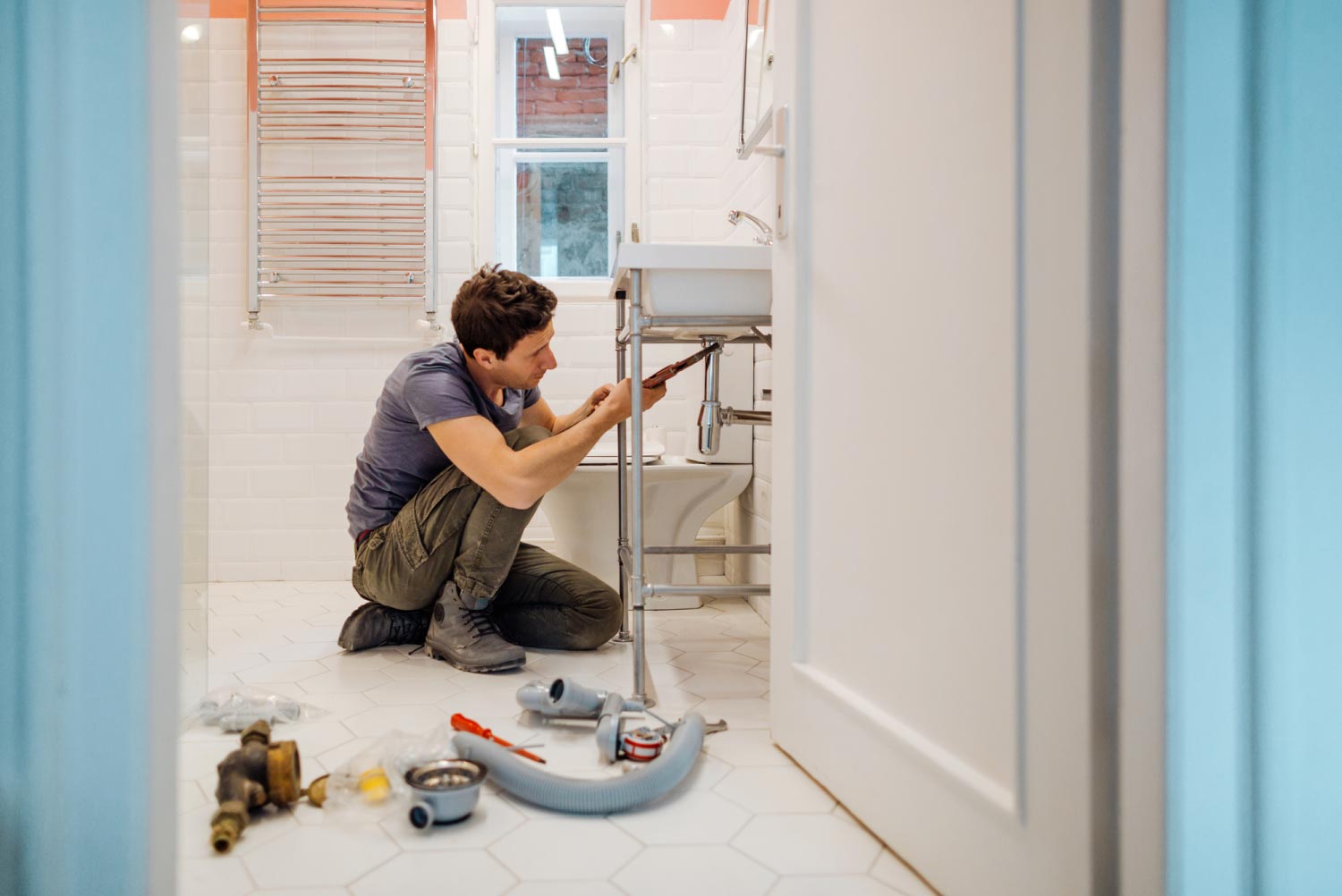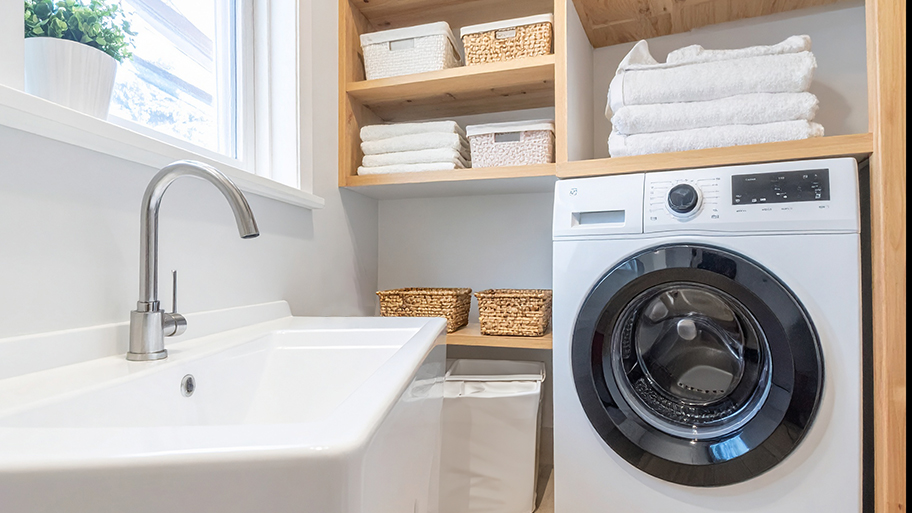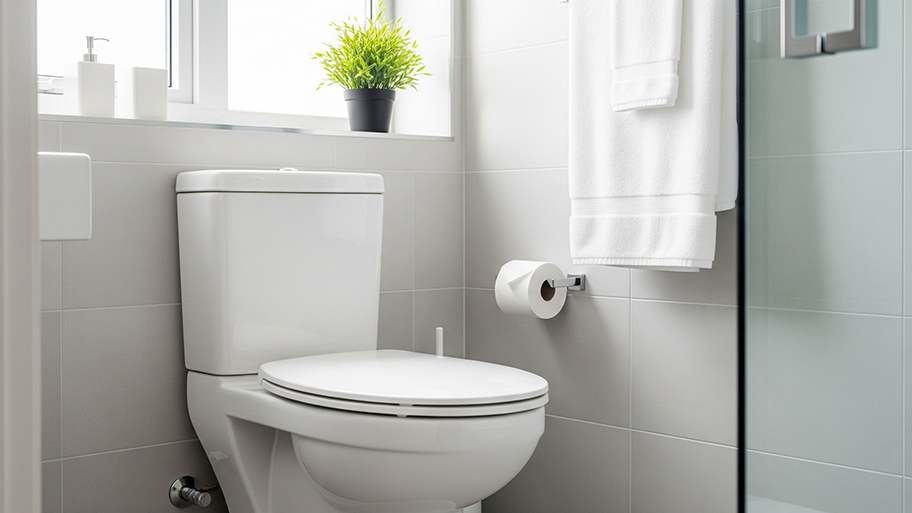
Making updates to your home? You may need to move your gas line to fuel new appliances or meet code regulations. We’ll cover the cost of moving a gas line, plus project tips.
Could this call wait until morning, or do you need immediate assistance?


Ruptured pipes and water heater issues are common plumbing emergencies.
Sewage backups and sump pump issues are also worth an emergency visit.
Always turn the water off before calling an emergency plumber.
Emergency plumbers cost around $70–$400 per hour or a flat fee per visit.
When you hear a drip, drip, drip late at night, it’s hard to know if the leak constitutes a plumbing emergency or if the problem can wait until regular business hours. Instinct may have you rushing to the phone in a panic instead of calmly assessing the situation. But let’s keep a level head here, shall we? Here are some quick questions to help you determine what is a plumbing emergency and what can wait.

There’s a big difference between a few drips and a burst pipe—but sometimes, a small problem can swiftly decline. If you think you’re dealing with a plumbing emergency, turn off the fixture or (in severe cases) your home’s main water line, ASAP. This will help limit water damage. Here are some common plumbing emergencies to look out for.
Most homeowners know a burst pipe by a rush of water leaking from a wall or ceiling, but it’s not always that dramatic. Either way, it’s still a plumbing emergency. A burst pipe can release gallons of water, which can compromise the structural integrity of your home, such as collapsed ceilings and weakened walls.
The best way to deal with a burst pipe is to shut off your home’s main water line and call an emergency plumber immediately. If you live in a cold climate, your home is at an increased risk during winter, when pipes can freeze—though older or rusted pipes can burst, too.
A leaking roof, a ruptured pipe, or other leak in your home can cause a ceiling to sag. Just a little bit of water can soak your ceiling’s insulation fiber, adding tremendous weight to its plasterboard. A sagging ceiling could collapse at any moment, causing serious damage to your home and potentially you or your family. Call a plumber ASAP if you notice your ceiling sagging, even if it looks minimal.
Since many water heaters are tucked away in a basement, homeowners may not notice a water heater leak until it’s a major problem. This can cause significant water damage, among other issues. Water heater issues become an emergency when:
There’s a significant leak.
You live in a cold climate.
You smell sulfur or rotten eggs, which signals a gas leak.
Luckily, there are some signs your water heater is about to fail, so you can try to catch the problem before it’s a plumbing emergency.
Most homeowners know a burst pipe by a rush of water leaking from a wall or ceiling, but it’s not always that dramatic. Either way, it’s still a plumbing emergency. A burst pipe can release gallons of water, which can compromise the structural integrity of your home, such as collapsed ceilings and weakened walls.
The best way to deal with a burst pipe is to shut off your home’s main water line and call an emergency plumber immediately. If you live in a cold climate, your home is at an increased risk during winter, when pipes can freeze—though older or rusted pipes can burst, too.
In the event of a plumbing emergency, it is critical to know the location of your water main shut-off valve in case you need to quickly stop water from flowing into your home. If you are unsure, a pro can help you locate the valve and show you how to operate it.
A leaking roof, a ruptured pipe, or other leak in your home can cause a ceiling to sag. Just a little bit of water can soak your ceiling’s insulation fiber, adding tremendous weight to its plasterboard. A sagging ceiling could collapse at any moment, causing serious damage to your home and potentially you or your family. Call a plumber ASAP if you notice your ceiling sagging, even if it looks minimal.
Since many water heaters are tucked away in a basement, homeowners may not notice a water heater leak until it’s a major problem. This can cause significant water damage, among other issues. Water heater issues become an emergency when:
There’s a significant leak.
You live in a cold climate.
You smell sulfur or rotten eggs, which signals a gas leak.
Luckily, there are some signs your water heater is about to fail, so you can try to catch the problem before it’s a plumbing emergency.
Most homeowners can fix an overflowing toilet with a plunger or use a different bathroom until their plumber can schedule a visit, but there are times when the problem is a little more serious. If you can’t get rid of the clog, don’t have a second bathroom, and your toilet is overflowing with no signs of stopping, switch the water shut-off valve at the base of your toilet and call an emergency plumber.
Backed-up sewage is a health hazard that warrants a speedy fix. Typically, a clog causes the issue—especially if your household flushes paper towels, wipes, or feminine hygiene products. That said, tree roots can grow through cracks in old pipes and cause blockages, too.
If you’re dealing with this kind of plumbing emergency, chances are you’ll smell it. The scent of sewage will permeate through your home or around your property, and you may notice gurgling sounds coming from the plumbing or sewage seeping up from your drains. For example, water might pool in your shower when you flush your toilet.
Your sump pump is an essential line of defense against flooding, which is particularly important if you live in a swampy area or a location prone to heavy rainfall. Some soil types drain better than others. Either way, when your sump pump fails, your home becomes vulnerable to serious water damage.
If your sump pump is failing, you may notice strange noises and vibrations, irregular cycles, or continuous running. Try to catch the issues before it totally fails. If not, you can troubleshoot your sump pump failure on your own, but bring in a pro ASAP if you can’t resolve the issue.
If you smell gas, which emits a sulfur or rotten egg-like odor, you should call the gas company right away to check gas lines for leaks and evacuate the premises. If the leak is coming from an appliance, you’ll also need to call in a plumber to repair the gas line. A gas leak can cause a fire.
Note that some people might not smell gas, either because they have a diminished sense of smell or they are simply tired—there are lots of reasons. Other signs of a gas leak can include a hissing or whistling sound or obvious damage to a gas appliance.
Leaks aren’t always a major issue. For example, if you have a small leak under your sink or a drippy showerhead, you can simply avoid using the fixture until your plumber arrives. Unfortunately, big leaks can cause big problems. If the water reaches electrical wiring, it becomes a fire hazard. Significant water damage can weaken walls and ceilings. Even a small leak can harbor dangerous mold.
If you start noticing water damage on your walls or other signs of a major leak, call an emergency plumber and use these plumbing emergency tips. Keep in mind that some leaks, like a washing machine hose leak, might immediately pour out gallons of water, but other leaks are silent. You’ll only notice them once a significant issue arises.

How do you know when to hire an emergency plumber? Obviously, if water is pouring down your wall, you might feel a little panicked. Turning off the water will buy you some time to think and assess the damage. Ask yourself a few questions before calling an emergency plumber near you.
A gas leak should always be treated as an emergency. Gas can build up in your home, creating flammable conditions, and can lead to you and your family becoming poisoned. Be aware of the signs of gas poisoning, which include: reduced appetite, ear ringing, nosebleeds, dizziness, difficulty breathing, and more. In the event of a gas leak, evacuate your home and call 911 or your gas company immediately. Don’t second guess it—it’s always better to be safe rather than sorry.
A flooding basement obviously warrants an emergency call, but a broken toilet or clogged sink can most likely wait until morning to schedule a plumbing appointment. In this case, make sure your household knows to avoid using the fixture until further notice (even if it’s a bit inconvenient). Tape a note on the wall, toilet, or faucet, or block off the room entirely to avoid late-night forgetfulness.
If you have a minor leak at the sink and can shut off the water to that fixture, then it’s not a plumbing emergency. Look under the sink or behind the toilet for the shut-off valve. For bigger issues, though, you might have to turn off the main water line to the house. The main shut-off valve is likely located near the water meter on the lower level of your home on the street side.
If the leak is more like a trickle, you might be able to temporarily fix a leaky pipe for a few hours with items like tape, rubber bands, and hardware store solutions.
Oddly enough, the weather will factor into whether you need plumbing services ASAP. If it’s the middle of a hot summer day and you don't have access to water, that’s a health concern. If the outside temperature is below 32 degrees Fahrenheit and your water heater is struggling to turn on, call in reinforcements.
You could try using buckets to collect water, stuffing rags in the pipes, and other stopgap measures on a slow leak to carry you through until regular business hours. But when one bucket isn’t enough to last through the night, your leak is more serious. Significant leakage can affect the floor, ceiling, and all adjoining walls in your home. If stopping the flow of water isn’t possible or the water has the potential to do significant damage quickly, it’s time to pick up the phone.
In some cases, the emergency may not be something you can fix even if you want to. For example, your water company may offer to send a plumber to repair a problem with the sewer main, a blocked sewer, or the main water line. Try them first before calling your own plumber to the scene. City employees might fix issues with city water supplies at no cost to you unless you need to pay for the cost of repairs to a main water line near the house.
Expect to pay at least time-and-a-half for a late-night, weekend, or holiday plumbing repair. Companies might charge a flat fee of $100 to $350 for emergency visits. This could be in addition to a higher hourly rate, about $70 to $400.
Additionally, the plumbing pro might get the situation under control in the off-hours and then come back with specific parts later. For that, you might be billed an additional visit plus the regular hourly rate. Be sure to ask for these specifics when choosing a contractor.
It’s stressful to deal with plumbing emergencies, so getting the right emergency plumber is key to solving your problems. Here are the most important questions you should ask before hiring them:
Are you available for emergency services?
When’s the earliest you can come?
How much should I expect to pay?
When is payment due?
How quickly could you start the repair once I agree on a contract?
Are you licensed, bonded, and insured? (Note that each city and state have their own licensing, bonding, and insurance requirements.)
Is the work under warranty?
What’s the best and worst-case scenario?
Will this job require a permit?
Who will be completing the work?
Once you’ve hired the plumber or they’re on-site, here are additional questions you can ask that’ll help you understand the situation better:
Is there anything I should do before you arrive?
Do I have to replace it or can it be repaired?
How could I have prevented this? How can I prevent this from happening again?
Are there signs to look out for after you leave that’ll help me know if the repair was successful?
As far as Home Advisor the person you hire needs to be verified before they are dispatched to your home, the first person a "plumber" was nothing close just a man with a drain cleaning tool, no car no truck net even a screwdriver. However, BFMD, LLC was very professional with a truck and...
Aldo’s plumbing is great. The job was done quickly and accurately. Aldo is professional and knowledgeable. I will definitely hire him again for future jobs.
An inspiring and deserving businessman . Very knowledgeable and personable. I felt good about spending with him even though it was an unfortunate plumbing issue.
Excellent.. We have found a plumbing company we can now rely on.
Very well. Glad to have chose them to compete the job.
in trying to get work gentlemen were very nice . The hardest thing I've found is getting someone to do small jobs that are not all day propositions but that I cannot do myself, ie. electrical and plumbing. These men came , didn't complain, and got all of my fiddly stuff done in an hour. I...
It went great and the guys were so nice. I previously used this company in 2010 to add aluminum siding on my front porch. I called again but found they had new owners and no longer did siding. I had projects for two homes, both required gutter covers and aluminum coating on the porch roof....
Everything was completed as contracted and priced extremely well! Siding repair - Unfortunately the siding did not stay secured the first time (Windy days!) but with one call Scott had his guys out there almost immediately to tack it back in and haven't had an issue since! Electrical - The...
The service repair person told us our old unit was out of coolant, but he did not recommend purchasing the fluid because it is very expensive, it is being phased out due to environmental concerns, and our unit is so old is will need to be replaced sooner rather than later. He suggested we...
From average costs to expert advice, get all the answers you need to get your job done.

Making updates to your home? You may need to move your gas line to fuel new appliances or meet code regulations. We’ll cover the cost of moving a gas line, plus project tips.

The cost to add plumbing to a detached garage depends on several factors, including the type of plumbing and the garage's distance from your home.

A leaky faucet can lead to costly water damage and a lot of wasted water. Learn how much it costs to fix a leaky faucet based on type, part and labor.

Learn how to cut PVC pipe with ease and efficiency. Our guide will show you how to tackle your PVC pipe project like a pro.

Fixing a leaky faucet starts with knowing which type of faucet you have. Follow these steps to learn how to fix a leaky faucet in no time.

Find the right type of toilet tank flapper for your bathroom, including rubber, silicone, standard, adjustable, and dual flush.